Altria: Juul ban may ruin post-tobacco plans
Why the FDA is banning Juul
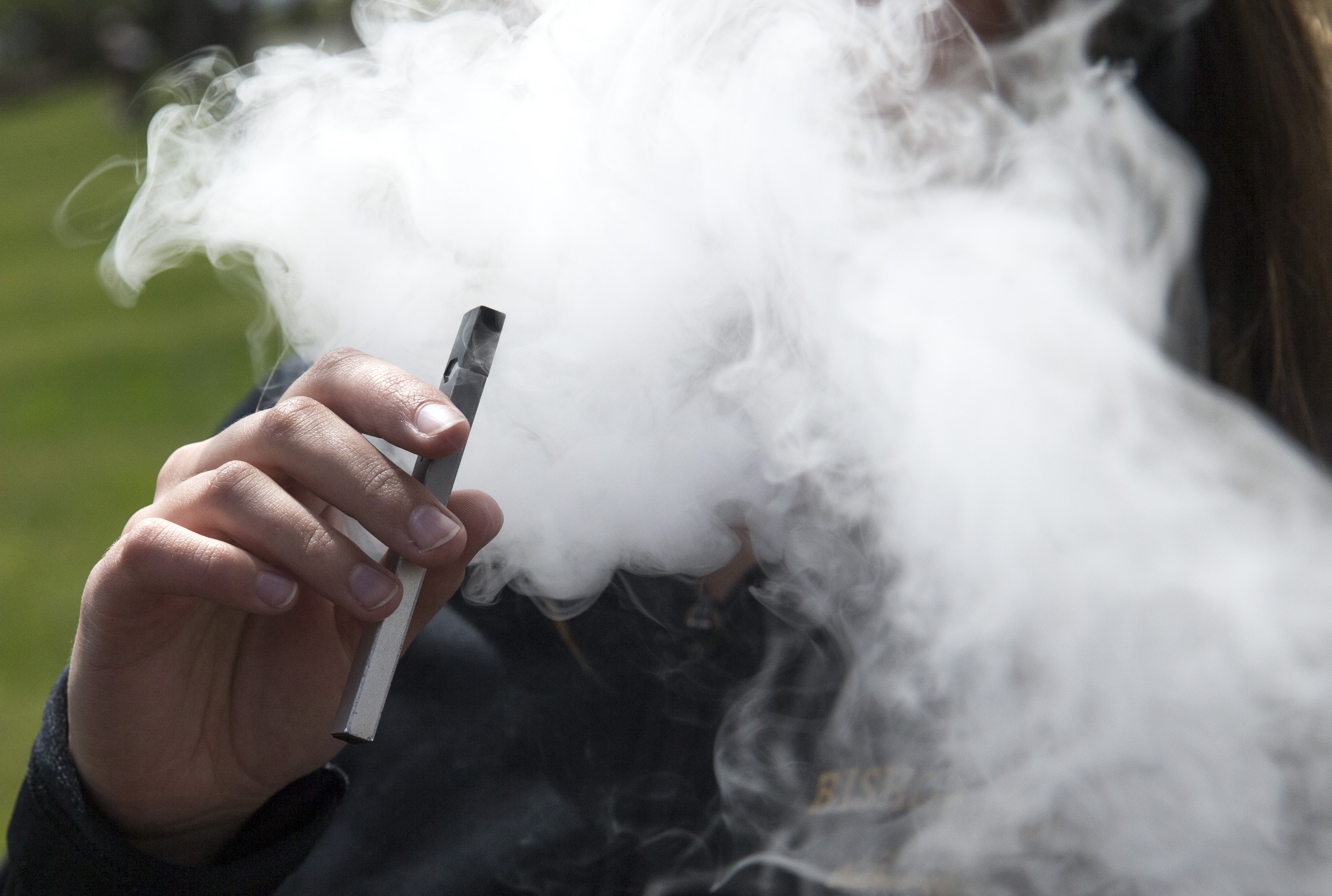
A free daily email with the biggest news stories of the day – and the best features from TheWeek.com
You are now subscribed
Your newsletter sign-up was successful
The smartest insight and analysis, from all perspectives, rounded up from around the web:
The vaping company that "treated nicotine as a fashion accessory" may soon be snuffed out, said Lauren Etter in Bloomberg Businessweek. The Food & Drug Administration last week banned Juul, the popular electronic cigarette, from U.S. store shelves, potentially delivering "a death blow to an American company that just a few years ago had attained a $38 billion value and dominated more than 70 percent of the market." Juul broke onto the scene in 2015 as "the brainchild of two Stanford grads" who rewrote Big Tobacco's playbook. Through social media and sleek marketing, they hooked a new generation of kids on "atomized nicotine" delivered in a chrome shell — in 2019, "almost 30 percent of high school students reported using e-cigarettes, mostly Juul." However, "it wasn't the company's appeal to young people" that triggered its dismissal. The FDA blamed "insufficient and conflicting data" related to chemicals that could leach from Juul's pods. For now, a federal judge has stayed the order while Juul appeals.
Altria's $12.8 billion Juul investment has been vaporized, said Carol Ryan in The Wall Street Journal. The maker of Marlboros had already "taken several impairments from its original" 35 percent stake, now worth a fraction of its original price. Worse, the Biden administration is threatening to slash the nicotine levels in combustible cigarettes, where Altria makes 90 percent of its revenue. "Juul was its best bet for diversifying," said Jonathan Guilford in Reuters Breakingviews. If there's a silver lining, it's that the value of Altria's stake could fall enough to void a noncompete agreement, enabling Altria to produce an alternative e-cigarette.
The Week
Escape your echo chamber. Get the facts behind the news, plus analysis from multiple perspectives.

Sign up for The Week's Free Newsletters
From our morning news briefing to a weekly Good News Newsletter, get the best of The Week delivered directly to your inbox.
From our morning news briefing to a weekly Good News Newsletter, get the best of The Week delivered directly to your inbox.
What's the FDA's reasoning? asked Michelle Minton in the Washington Examiner. The agency said there was "no evidence of 'immediate hazard'" but cited "insufficient evidence about (Juul's) safety profile." It greenlit other e-cigarettes with "obviously worse toxicological profiles," such as Philip Morris' IQOS heated-tobacco device. But Juul has "been scapegoated as the cause of a supposed vaping 'epidemic,'" which has already declined sharply. "When it comes to nicotine, the Biden administration is basing decisions on politics rather than evidence." It's true that "no teenager should get hooked on any addictive substance if the government can help it," said the New York Daily News in an editorial. But "by every measurable indicator, vaping remains much healthier than lighting up a burning cigarette, and it can help people quit." Regulators should restrict e-cigarette advertising geared toward youth, but a ban forecloses a way for "adults looking to quit a legal but lethal habit" — and could drive them back to cigarettes.
The FDA can knock out Juul, but when it comes to teen smoking trends, it's still playing Whac-A-Mole, said Katharine Gammon in The Guardian. According to a recent survey, "Juul was only the fourth most popular e-cigarette product among middle and high school students." New vaping products are coming out faster than regulators can react. The most popular middle and high school brand now is a disposable e-cigarette called Puff Bar that comes in a variety of flavors and uses synthetic nicotine that isn't regulated by the FDA — but still wires kids "to become addicted."
This article was first published in the latest issue of The Week magazine. If you want to read more like it, you can try six risk-free issues of the magazine here.
A free daily email with the biggest news stories of the day – and the best features from TheWeek.com
-
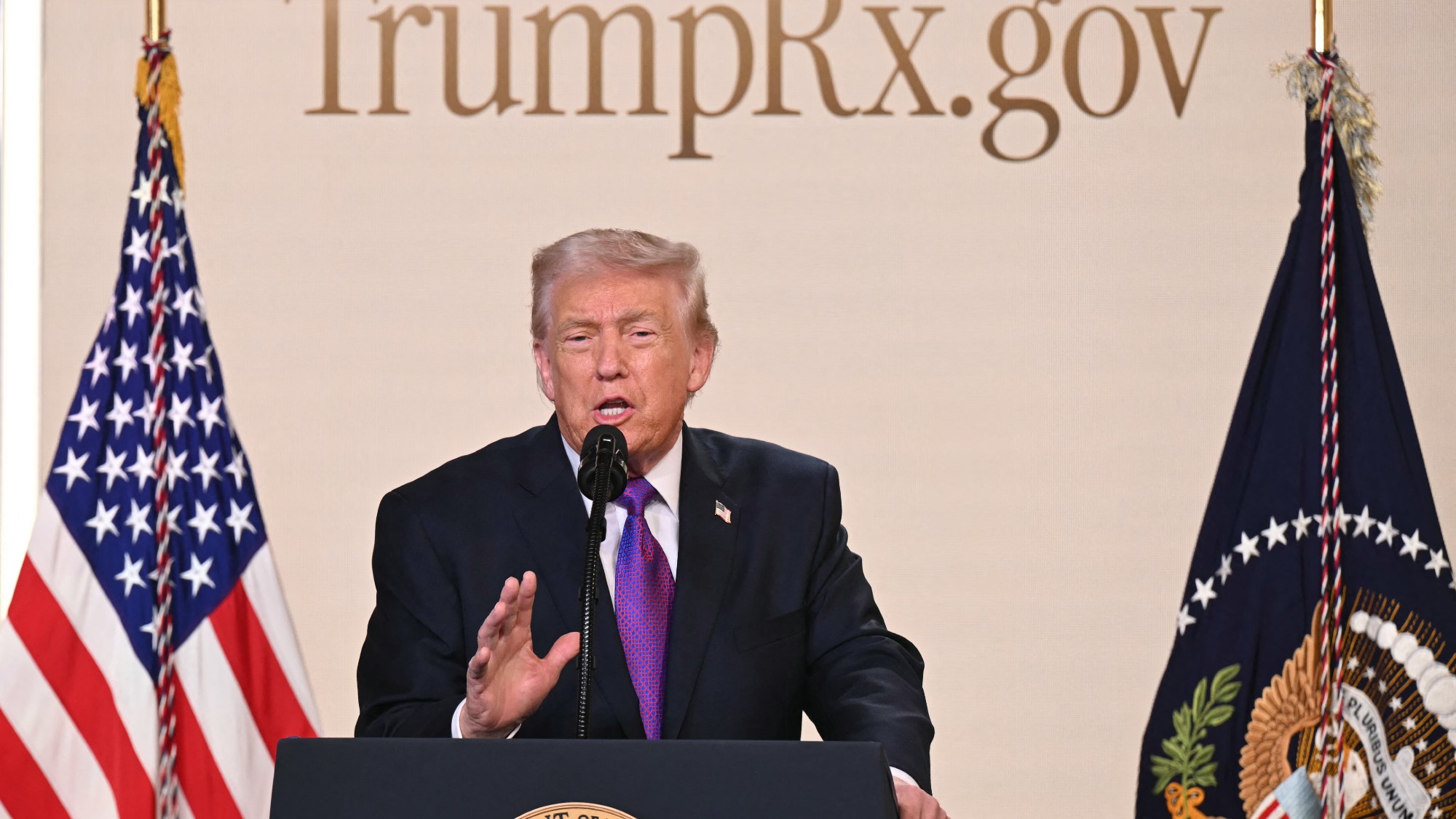 What’s TrumpRx and who is it for?
What’s TrumpRx and who is it for?The Explainer The new drug-pricing site is designed to help uninsured Americans
-
 ‘If you’re confused, you’re not the only one’
‘If you’re confused, you’re not the only one’Instant Opinion Opinion, comment and editorials of the day
-
 Is AI really enabling productivity gains?
Is AI really enabling productivity gains?Today’s Big Question A new survey of executives suggests not
-
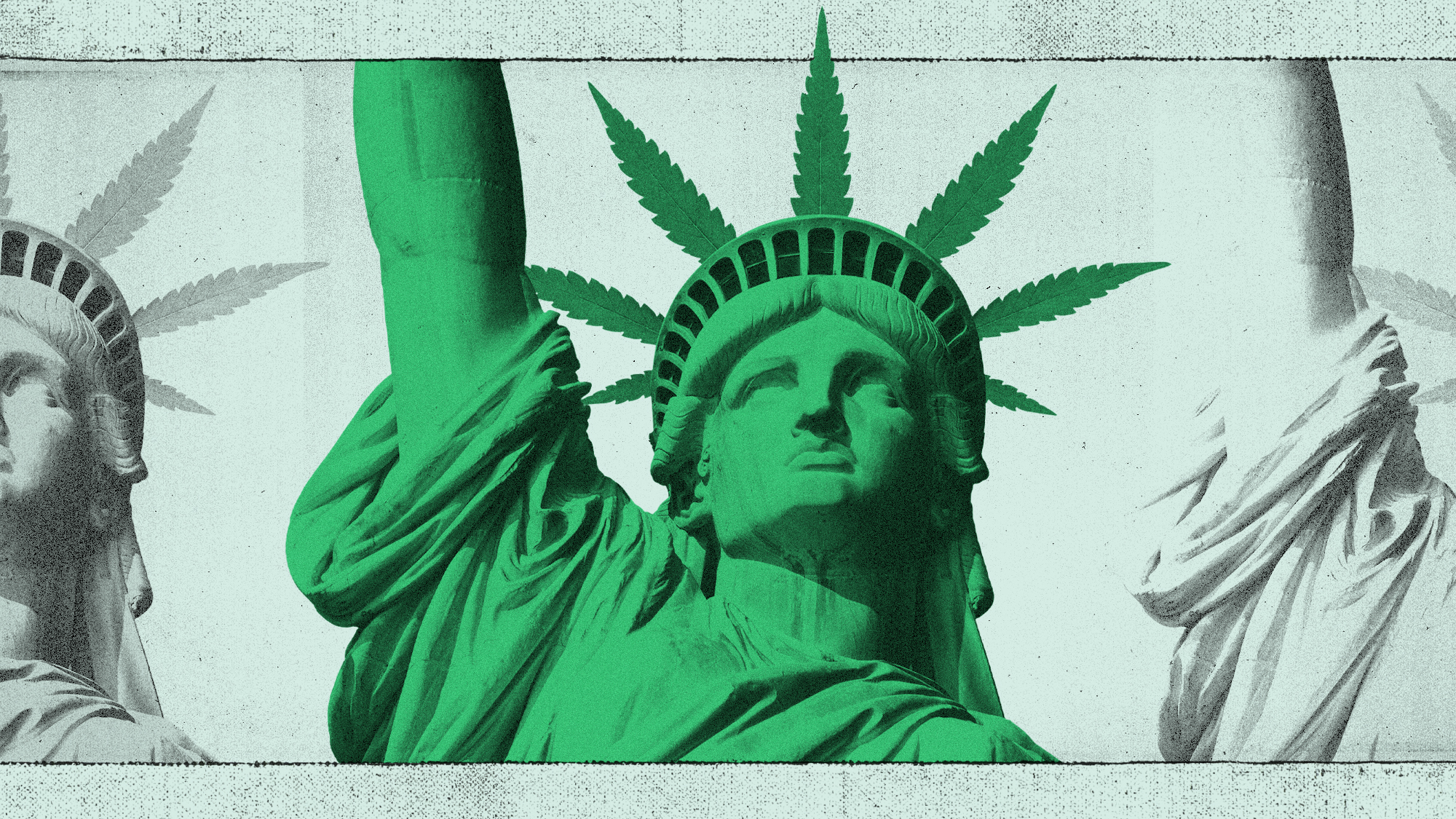 How New York's legal cannabis rollout ended up in the weeds
How New York's legal cannabis rollout ended up in the weedsin depth And many of the state's promises to social equity applicants went up in smoke
-
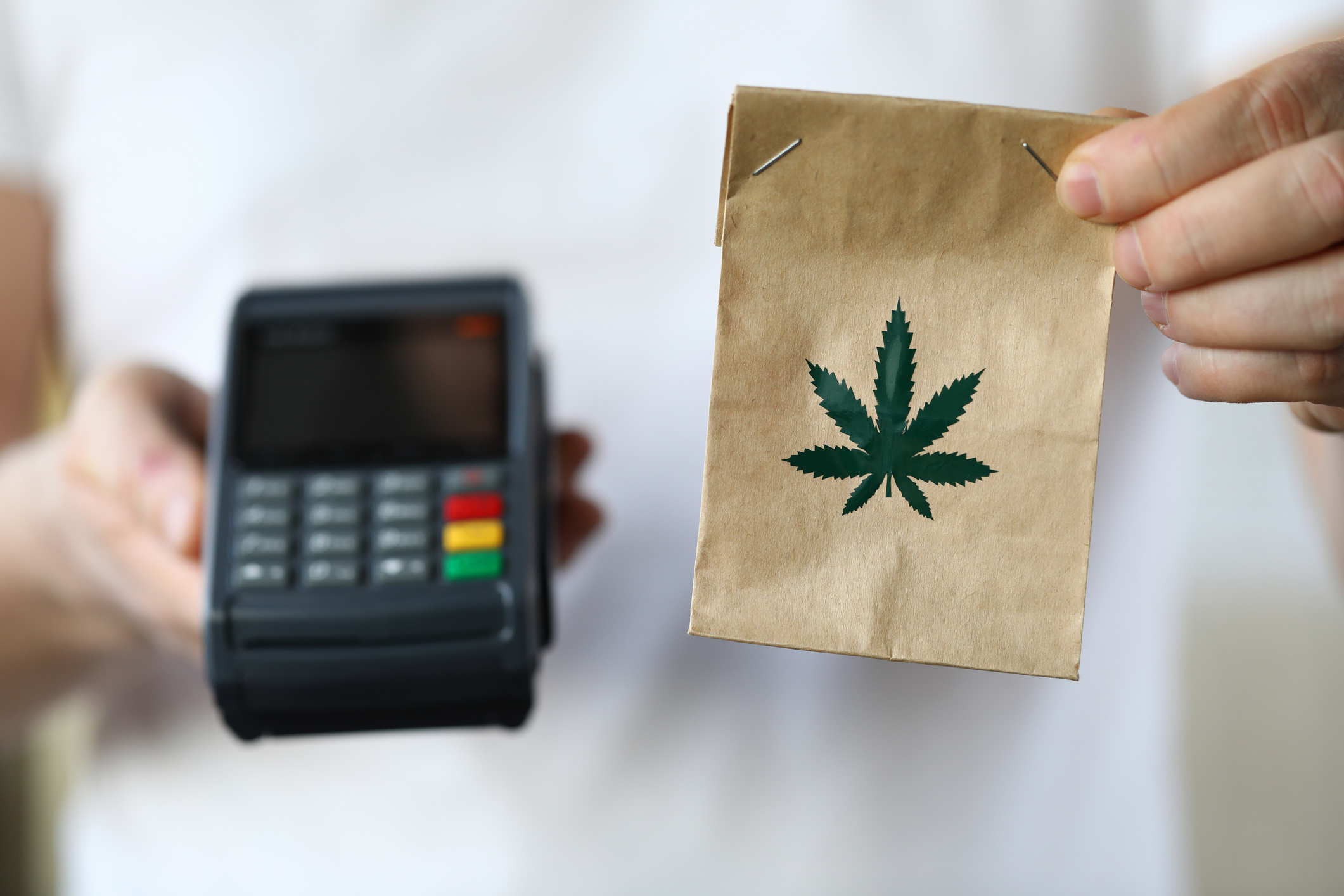 Cannabis payment options diminish
Cannabis payment options diminishfeature And more of the week's best financial insight
-
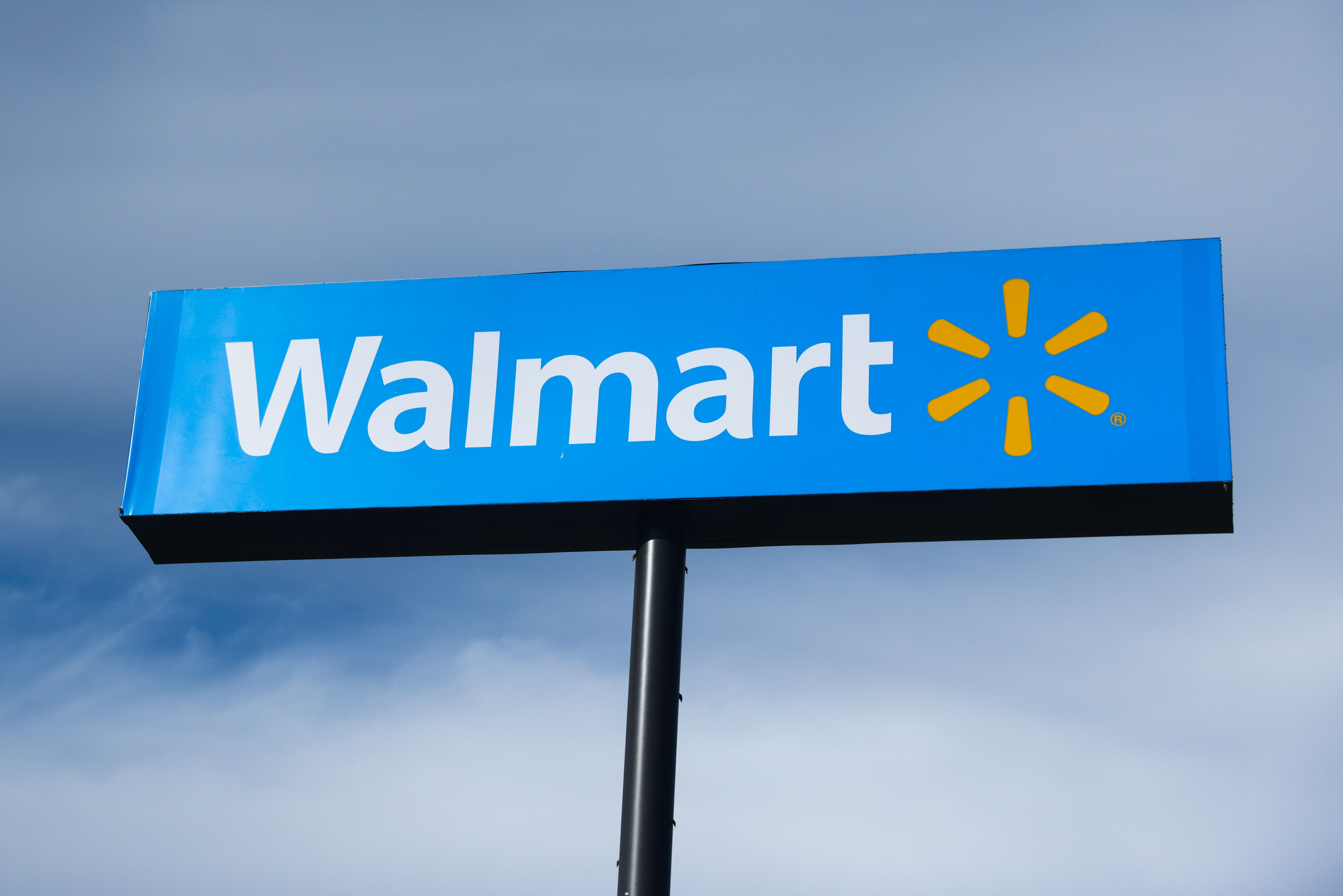 Walmart agrees to pay $3.1 billion for allegedly contributing to opioid crisis
Walmart agrees to pay $3.1 billion for allegedly contributing to opioid crisisSpeed Read
-
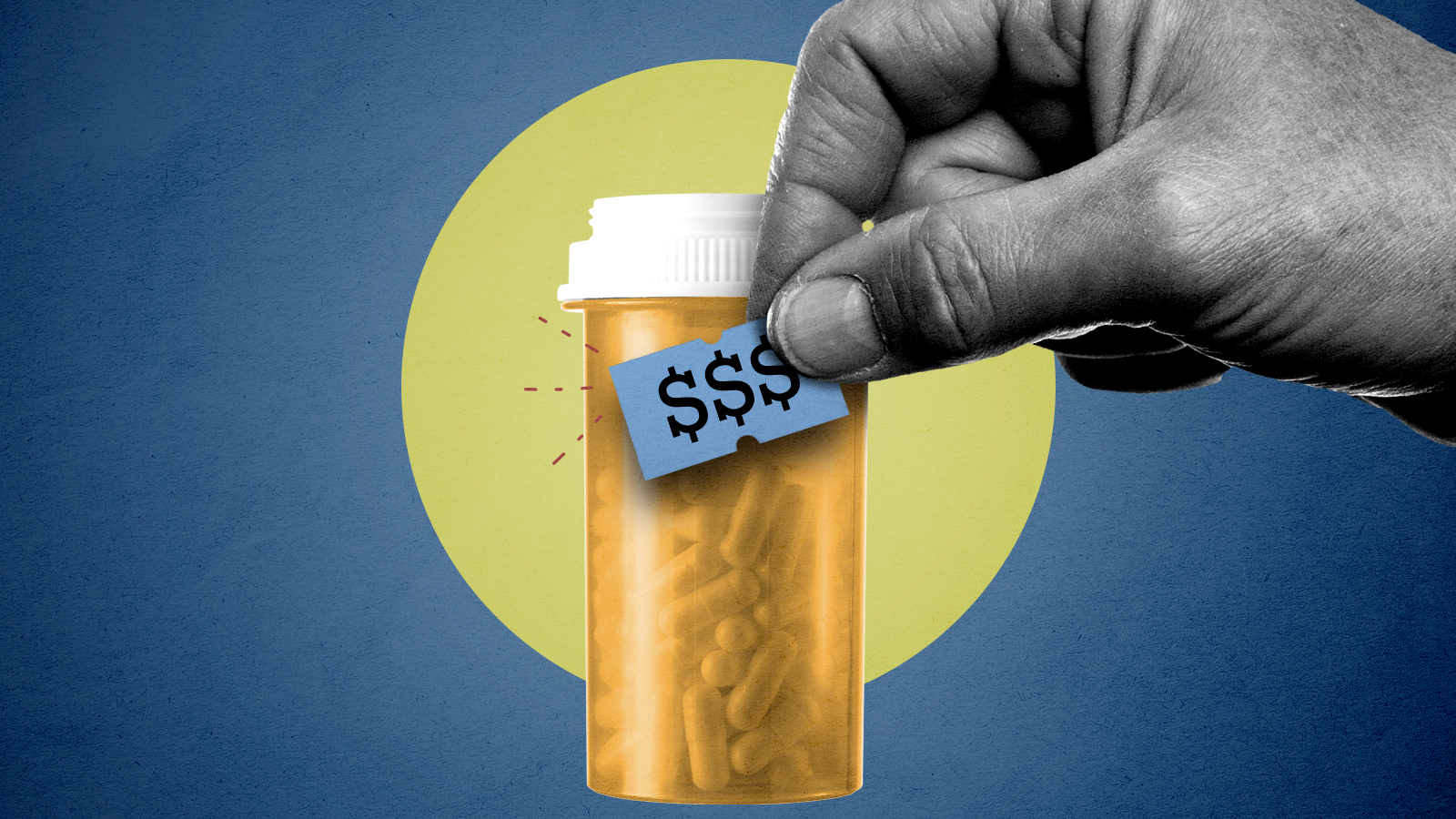 Why Biden's Medicare drug price breakthrough is a 'BFD'
Why Biden's Medicare drug price breakthrough is a 'BFD'Speed Read Everything you need to know about the biggest changes to U.S. health policy since the Affordable Care Act
-
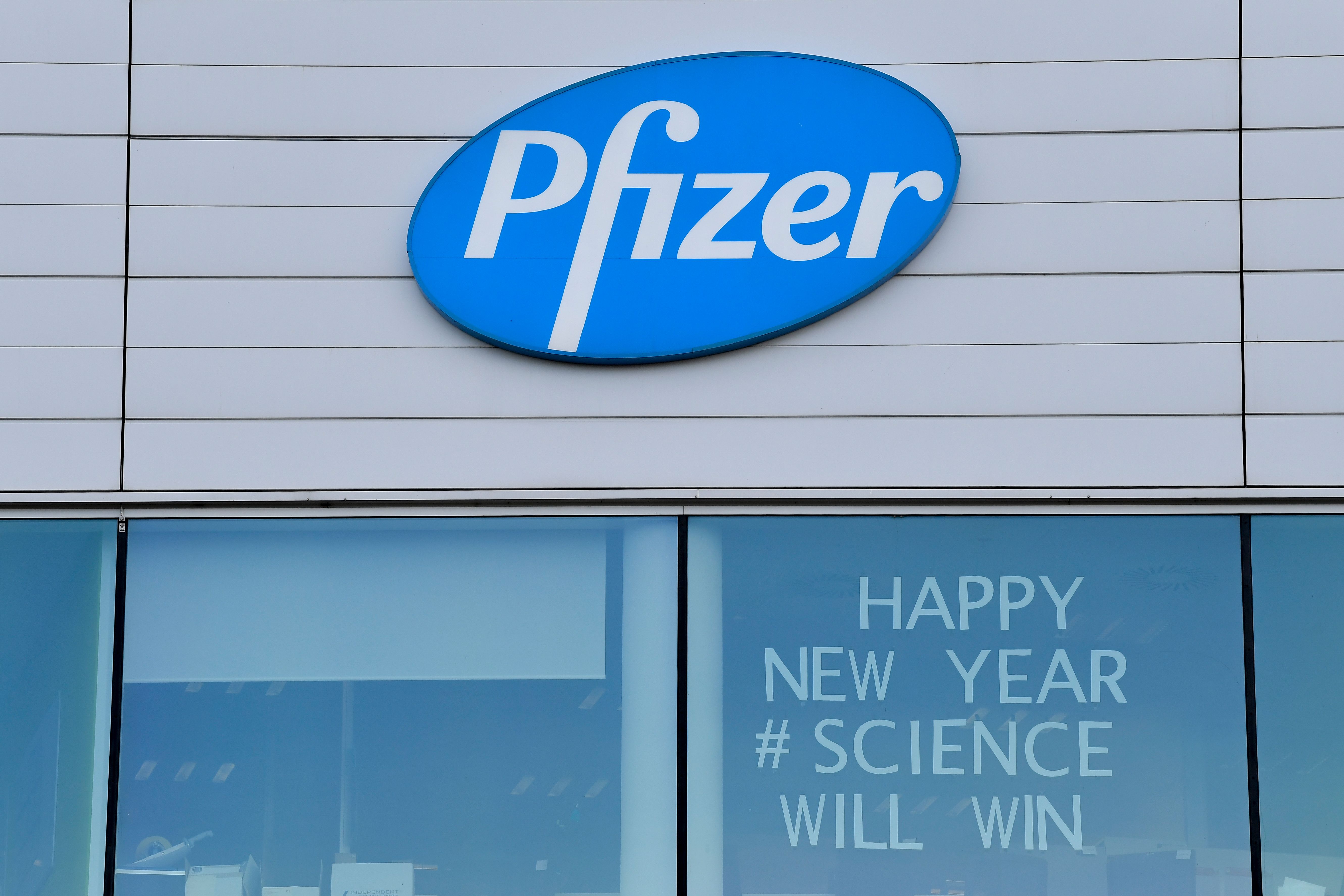 The daily business briefing: December 15, 2021
The daily business briefing: December 15, 2021Business Briefing Pfizer says its COVID pill helps prevent severe illness, producer prices to suppliers jump by a record 9.6 percent, and more
-
 CVS to sell overdose-antidote in 12 more states without a prescription
CVS to sell overdose-antidote in 12 more states without a prescriptionSpeed Read